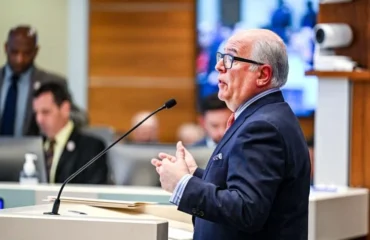Despite LSU officials’ assurances that no taxpayer money would be used for a proposed new arena on campus for concerts and LSU sports, the attorney handling the negotiations has indicated that some public funds and university land will likely contribute to the project.
The arena project has received approval from the East Baton Rouge Parish Mayor-President’s office and the Metro Council, despite concerns over transparency and potential impacts on the Raising Cane’s River Center. The Metro Council has agreed to limit the River Center’s ability to host large concerts and events to avoid competition with the new arena.
LSU’s Tiger Athletic Foundation (TAF) has solicited proposals from two undisclosed developers for the arena, which is estimated to cost between $350 million and $400 million. TAF initially invited six developers and design teams to campus last year, narrowing the selection down to two finalists behind closed doors.
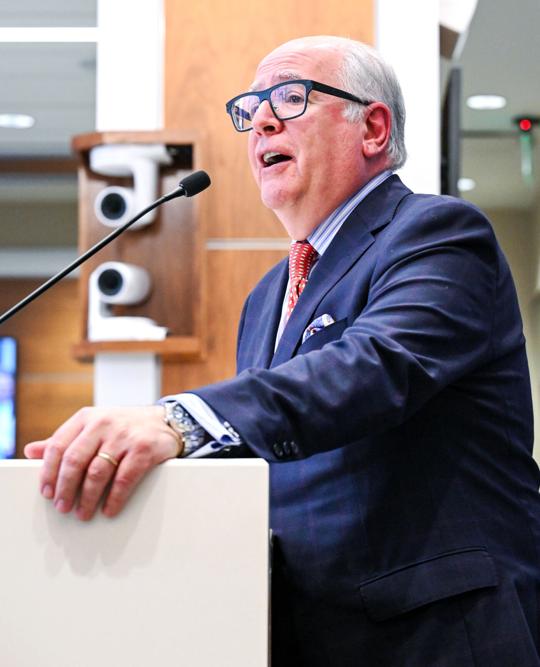
LSU has faced criticism for withholding documents related to the selection process and for refusing to disclose the identities of the developers competing for the project. LSU’s attorneys denied a public records request from The Advocate | The Times-Picayune, stating that the requested records are under the control of TAF, a private entity that supports LSU’s athletic programs through fundraising.
Despite the lack of transparency, LSU and city-parish officials continue to promote the project as a transformative “public-private partnership,” positioning it as a cost-effective alternative to renovating the Pete Maravich Assembly Center. They assert that the arena will be entirely financed by private developers and will enhance the university’s facilities without relying on taxpayer funds.
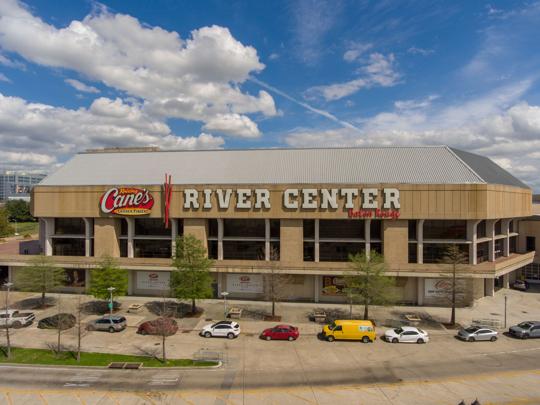
LSU’s executive deputy athletic director, Keli Zinn, recently assured The Advocate that the proposed arena project would not burden taxpayers, emphasizing that it would be financed entirely by the developer. However, according to Charles Landry, the attorney overseeing the deal with TAF, several public funding sources may be necessary to facilitate the project, including potential new sales taxes that the developer could utilize for financing.
Last year, the Legislature approved the establishment of an economic development district encompassing LSU, which could provide funding for various projects in the area, including the arena. These districts enable private developers to access public funds, with the potential for implementing new sales taxes of up to 2% within the designated area, as well as other revenue streams like hospitality or property taxes.
Landry, a notable Baton Rouge real estate development lawyer, explained that the economic development district was specifically created to support initiatives such as the arena project and other campus improvements at LSU. He suggested that implementing a new sales tax within the district could serve as an incentive for developers to invest in Baton Rouge. Landry outlined a scenario where the developer might propose building on public land devoid of registered voters and request a portion of the new taxes generated by the project.
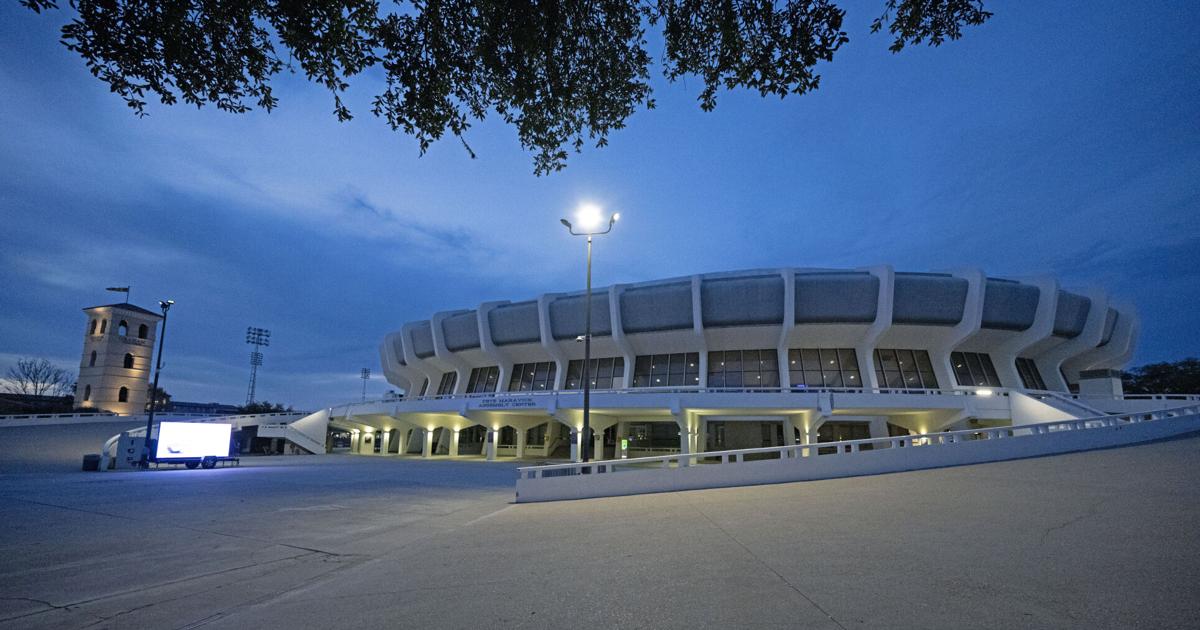
Despite the potential for public funds to be involved, Landry emphasized that there would be no public bond issue, and LSU would not contribute financially to the arena project; it would be privately financed by the developer. Additionally, Landry indicated that there would be no public bidding process for the project, with the chosen developer being responsible for hiring architects, engineers, and contractors independently.
The pace and lack of transparency surrounding the arena project have raised concerns from Louisiana’s Public Affairs Research Council, a local good government group.
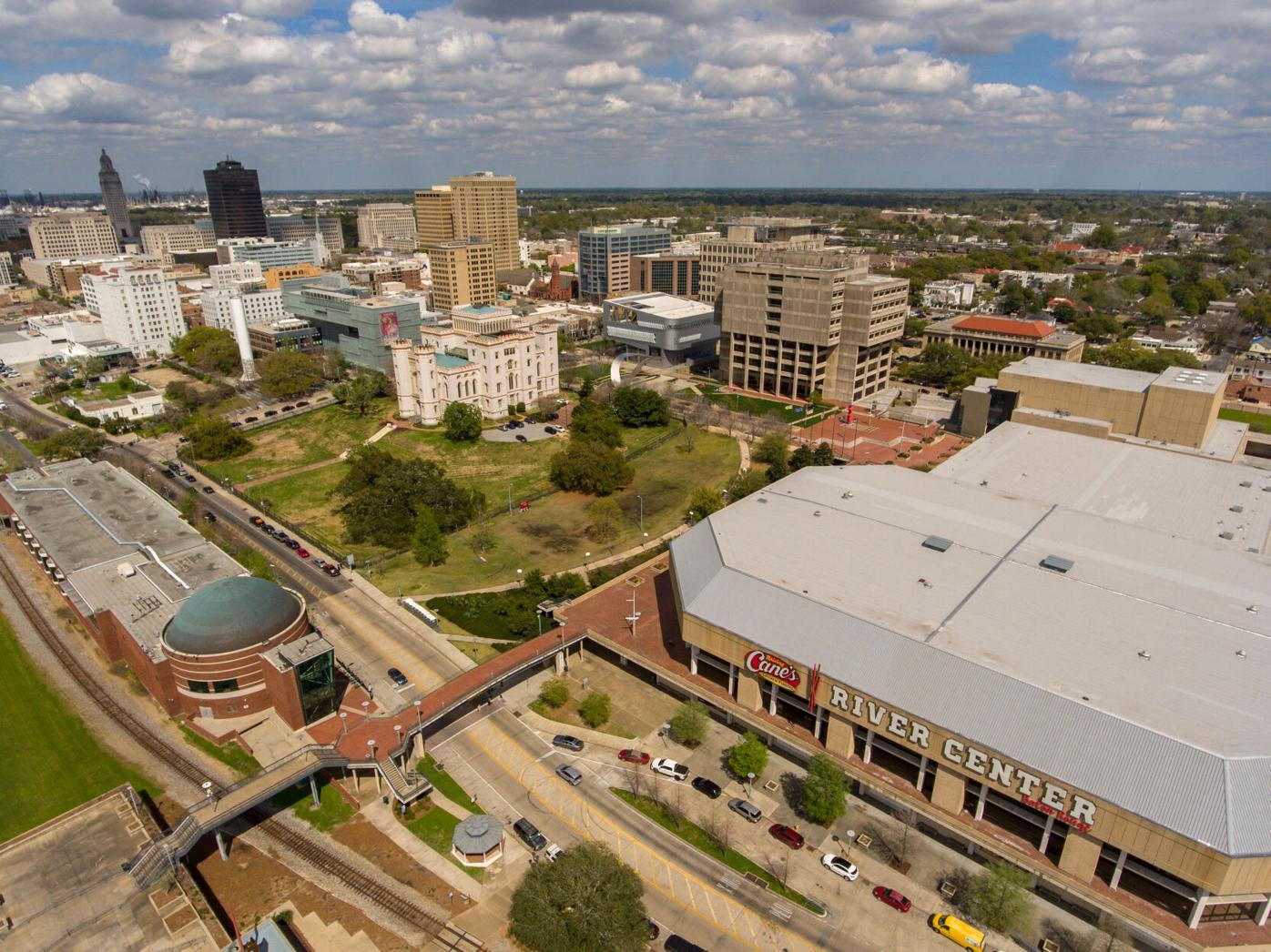
Steven Procopio, president of Louisiana’s Public Affairs Research Council, expressed concerns about the lack of public involvement in the arena project, describing it as fast-tracked with limited opportunities for meaningful public participation. Procopio emphasized that if the project involves a donation of state land and potentially local tax dollars, the public has a right to understand how their resources will be utilized. He highlighted the importance of transparency in decisions that impact public assets and citizens’ ability to participate in such processes.

Henry “Tut” Kinney, a New Orleans lawyer closely monitoring the deal, questioned the absence of a competitive bidding process or public procurement for a project involving public assets benefiting private individuals. Kinney, with expertise in zoning, land use, and public bid laws, acknowledged the potential value of the arena but stressed the importance of public involvement in decision-making. He argued that public participation ensures transparency and fairness, particularly if the awarding process is based on objective criteria rather than subjective factors, stating that there should be no secrecy in such matters.
Public land to be used
LSU officials have looked to the Moody Center in Austin, Texas, as a model for inspiration for a potential new arena in Baton Rouge. Constructed by the Oak View Group, the $375 million arena was made possible by a substantial $130 million donation from the Moody Foundation.
